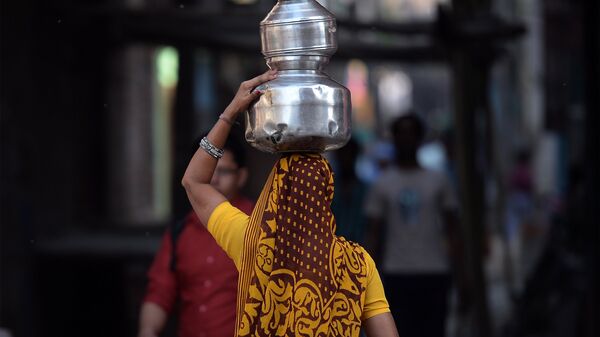Dr Asit Kumar Sikary and O. P. Murty of the All India Institute of Medical Sciences (AIIMS) wrote in the latest edition of a health journal:
"Recently, a male body was brought to our institute for medico-legal autopsy by police personnel. During the history-taking procedure, the wife of the deceased politely requested to be able to retrieve his sperm. When inquired about the reason, she replied that she was his wife and wanted a child posthumously as they had no child. The parents of the deceased were also willing and supported her."
However, after an hour-long discussion among various consultants, the doctors reportedly denied the woman's request as the institute did not have specific legal guidelines on sperm retrieval from a deceased person.
Now, doctors from the Department of Forensic Science of AIIMS have approached policy-makers, seeking clear guidelines in this matter. The doctors say:
"With increasing awareness among people and easy access to the internet and social media, people are demanding quality health care, more nowadays than before. Postmortem sperm retrieval (PMSR) is one such procedure that requires considerable deliberations."
Currently, the Czech Republic allows PMSR for its citizens. Japan allows it if the deceased's blood relatives consent and his agreement is confirmed. In the UK, as per the Human Fertilization and Embryology (Deceased Fathers) Act 2003, PMSR is allowed if the deceased has given consent.
All these guidelines which allow PMSR with the consent of the deceased fail to address cases where the demise of the person was sudden and unforeseen and where no implied or expressed consent is in place.



